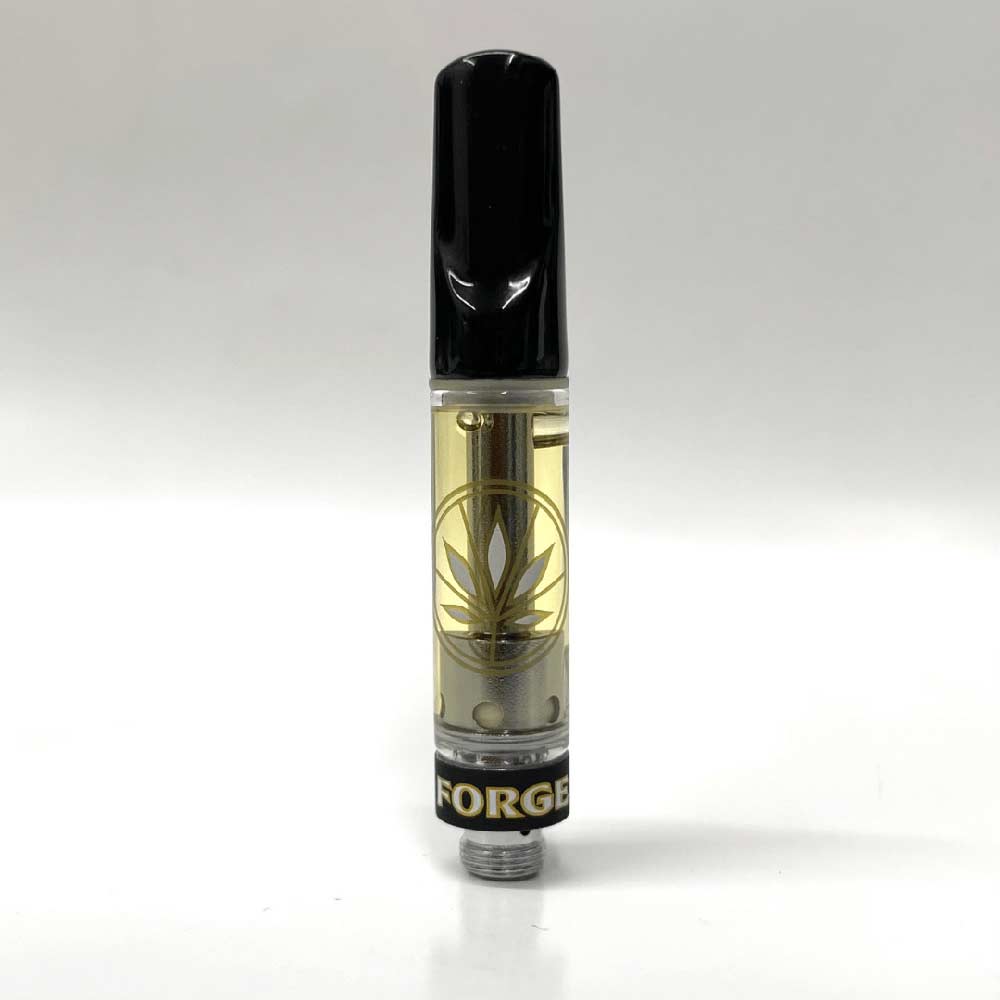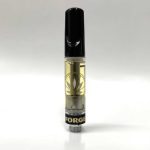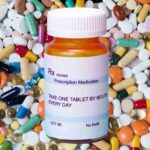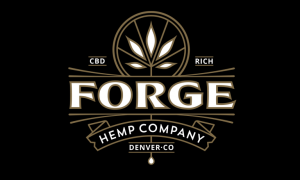I used to think that anything I bought on Amazon would be good – because it was on Amazon. I was wrong. Industry publication CBD Oracle recently investigated hemp wellness products on Amazon and detailed their findings in a report titled, Liars Ruling the Roost: Lab Testing Reveals the Reality Behind Amazon’s Hemp Market.
If you’re considering purchasing a wellness supplement or self-care item from Amazon that you’ll swallow or apply to your skin – regardless of whether it contains hemp – read on.
Supplements aren’t widgets. They can impact our health and wellbeing, and when we buy something that doesn’t work or isn’t safe, we’re rolling the dice on our health, misunderstanding the effect of real products, and certainly wasting hard earned money.
Amazon was built for books
As the largest seller of goods in the world, Amazon has tremendous power to connect U.S. consumers with brands from every corner of the country, and the world. Amazon’s heavy investment in its digital infrastructure, physical warehouses, and delivery network have created a customer experience that’s seamless, easy, and fast. That was a great model for books, and still works for “stuff.” Unfortunately, Amazon hasn’t dedicated sufficient resources to ensure that health and wellness products on its site are authentic or safe.
As a former Amazon Seller, it’s clear to me that Amazon’s approach is simple: you make it, we’ll sell it. With regard to wellness products and supplements, sellers can put anything in a bottle. As long as the description is written to avoid red flags, the product stays on Amazon. Amazon does zero independent analysis, nor does it request or suggest that sellers post third-party lab results with their listings. So a product labeled as “Super Potent Reishi Mushroom Capsules” could be Reishi capsules, or it could be capsules full of sawdust. Amazon doesn’t know, and you don’t know.
3 Quick Tips: How to Safely Purchase Supplements & Wellness Products on Amazon
-
Most Important: Do your homework on the Seller
Do a quick web search on the seller/brand name. If they’re a real company that exists outside of Amazon, they’ll have an independent website with more information about the product, contact information for responsive company representatives, and test results (Certificate of Analysis/COA) for their products.
Why are “real companies” important to buy from? Because companies with physical locations and operations are accountable to follow good manufacturing practices, obtain licenses, and maintain their reputation with customers.
“Brand burning” is common among made-for-Amazon labels. When they get busted for violations, or are removed from the platform, they scrap their identities and start up under a new name. There’s no accountability for quality or content.
-
Be prepared to spot the fakes
Amazon does a really bad job of preventing sellers from offering low-quality and scam products. If a product’s description sounds downright magical, it’s probably a scam (no, hemp gummies will not regrow hair). If the images are all digital renderings with no true photographs, steer clear. If the listing is written in a strange or confusing way, don’t buy it. If a sizable number of reviews don’t look genuine, or they reference unrelated products, don’t trust it.
-
Look closely at non-hemp wellness products, too
“Hemp” isn’t the problem on Amazon. The problem is unscrupulous sellers operating in accordance with Amazon’s perverse structure of flimsy rules and selective enforcement. Vitamins, sleep aids, weight loss pills, energy supplements, skin creams – all of these types of health/wellness/beauty/holistic/naturopathic products need to be vetted by buyers because Amazon will not do that work for you.
CBD Oracle’s third-party testing of 56 “hemp” products from Amazon revealed the following very troubling statistics:
-
- 30% of products tested were confirmed to contain CBD by lab testing.
-
- 11% of products tested positive for THC, including three containing delta-8 THC at potencies of up to 76 mg per gummy.
-
- 62.5% of products tested had no cannabinoids at all, and gas chromatography testing shows that 43% don’t contain any hemp at all.
-
- 96% of products did not provide an accurate dosage.
-
- 52% of product pages made an unapproved medical claim about their products.
-
- 95% of products do not include a certificate of lab analysis (COA), and none of the ones we found were available via Amazon.
-
- 89% of products came from manufacturers that did not respond to inquiries via phone or email.
-
- About half of the products did not have reliable customer reviews, had suspicious spikes or declines in the number of reviews, or were rated untrustworthy by Mozilla’s FakeSpot.
Yes, you can still buy (some) wellness and beauty products from Amazon
The rule of thumb is simple: Treat Amazon as a convenient option to get products that you could also get in a store, or directly from the company. As stated above, if you’re unfamiliar with a particular brand, you’ll need to do your homework. Based on CBD Oracle’s research, brands that don’t exist outside of Amazon are unlikely to deliver the contents and potency they advertise.
As a small business, it’s heartbreaking to give this advice because it ultimately benefits big national brands and disadvantages small and emerging businesses. For example, if you feel that you can only trust ‘Nature Made’ brand vitamins on Amazon because they’re giant and therefore reputable, you could be missing a new, high-quality company with products that better meet your needs. On the flip side, a made-for-Amazon brand can look like a cute boutique company and actually only contain a fifth of its advertised hemp content. This bait-and-switch negatively impacts consumers’ experience and perception of hemp products in general, and cuts into current and future sales for legitimate hemp companies.
On the bright side, to quote G.I. Joe, “Now you know. And knowing is half the battle.”






